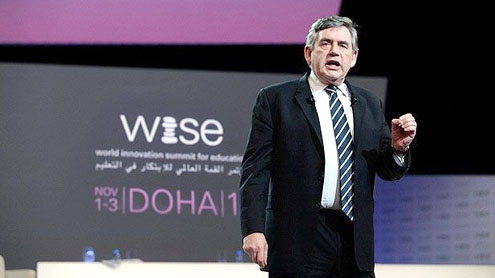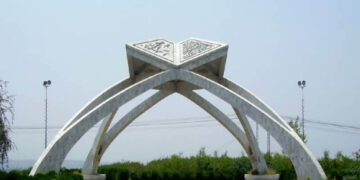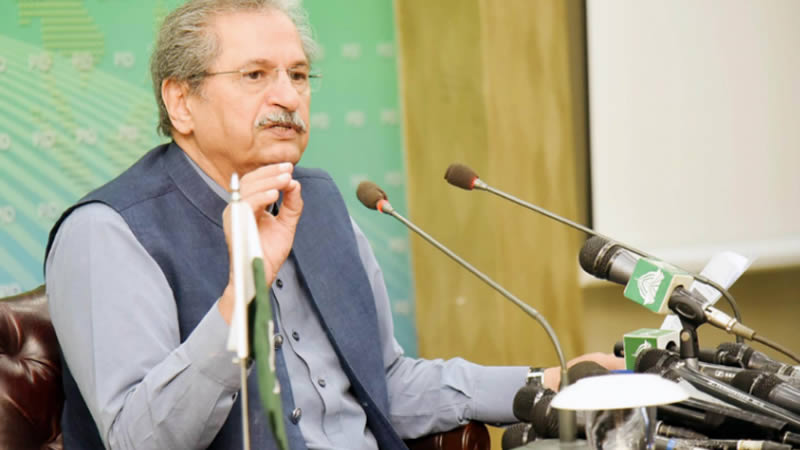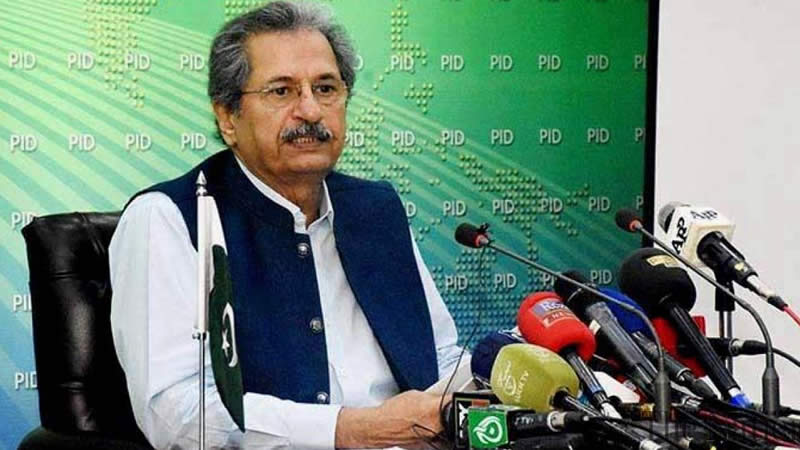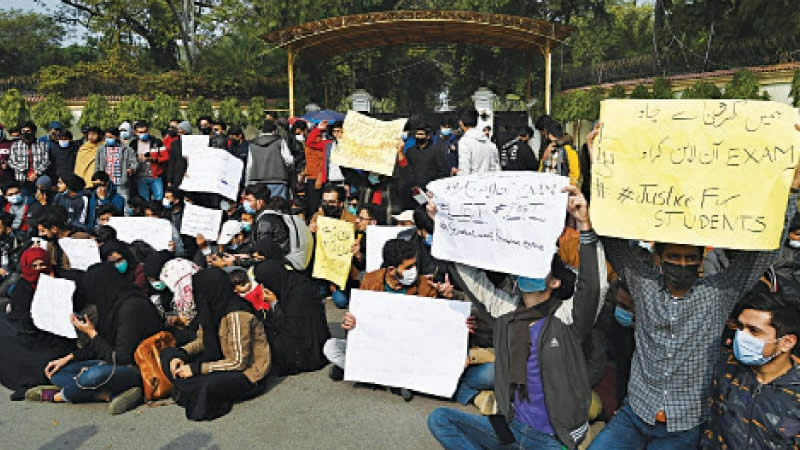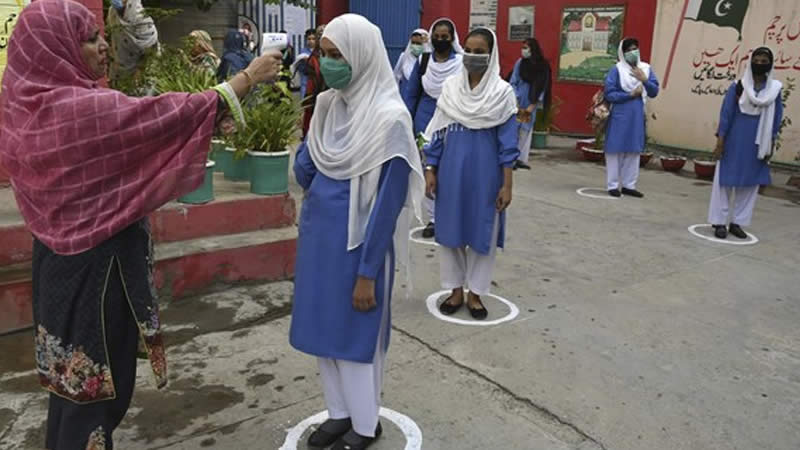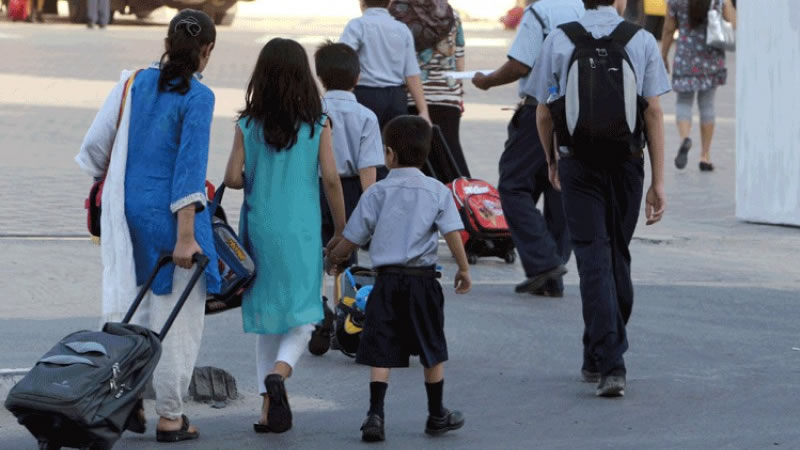 DOHA: Online teaching and learning programs are fast becoming important tools in delivering quality education to students in the Kingdom, a top Saudi university official told Arab News in Doha on Thursday.
DOHA: Online teaching and learning programs are fast becoming important tools in delivering quality education to students in the Kingdom, a top Saudi university official told Arab News in Doha on Thursday.
Khalid Al-Khathlan, who is dean of the college of business administration at King Saud University (KSU), added that he strongly believed in the future the Kingdom would be relying substantially on online tools to teach students.“You cannot challenge technology, that’s my opinion. I think that most technology now is producing tools that we can use to reach out to students not only at their classes but also their houses,” he said, adding that the KSU has an established long-distance learning center allowing students to interact with tutors through video chat and other platforms.Al-Khathlan was speaking on the sidelines of a workshop on bridging cultural divides in the delivery of online teaching and learning programs on the third and final day of the World Innovation Summit for Education (WISE) in the Qatari capital.
He added that producing graduates that could quickly adapt to the needs of the private sector was extremely important if the Kingdom’s education system was to be considered a success.He said the unemployment situation could not be alleviated by expanding the public sector alone.“As you know, the government is fully staffed and I believe they’re not going to be able to create more jobs, so the main challenge is the private sector,” he said.“We cannot compete with other developing knowledge-based economies in the world if we cannot focus on giving our graduates the opportunity to enter the private sector.”
He refuted suggestions that Saudi women, despite being given an increasing number of opportunities to learn especially at higher education levels, were more unlikely to find a job when they graduate.“Unemployment is affecting men, not just women … maybe the areas available for women to work in are less than what are available to men. But unemployment in each economy affects both men and women,” he said.“I know the government is trying to give more opportunities to women, not just in the job market but in all aspects of society. I think both genders are being targeted by the government to get them employed.”
He agreed that more needed to be done to improve education at all levels in the Kingdom, particularly at primary and secondary levels, and said the Education Ministry is working to rectify this. He added that without top-quality high-school students entering higher education, the caliber of university graduates would suffer.He also conceded teachers needed to be given more incentives to provide top-quality education to students in the country, adding that a royal decree to increase their minimum wages was a step in the right direction.
“If you cannot make the teachers happy, then you cannot make the students happy,” he said, emphasizing that Islam as a religion placed great value on the importance of teachers.He said better facilities at schools, comprehensive health care and better training programs were among the incentives that could be provided to improve the social status of teachers.
At the final plenary session of WISE, former British Prime Minister Gordon Brown said while it was near impossible to meet the Millennium Development Goal to cut infant mortality by half by 2015, the MDG on education could be achieved if efforts were mobilized and policy was changed.“We must hold national Governments to their promises to provide the funding both in development aid and of course the funding that individual developing countries’ governments have promised for education in their own areas,” he said.
“And where countries fall behind, we should be telling them that this is not acceptable because it is not simply about them and their generation – it is about future generations.”He added that there should be a global fund for education in the same way there was one for health, in order to allow people in the private and public sectors, charities and philanthropists to build momentum to help meet the MDG on education. He said he wanted technology to be available to the poorest countries.
“And I want all the technology companies — the Microsofts, the Apples, the Facebooks, the Googles – to be involved in this project,” he said.“If they have a worldwide vision, as we have, about the importance of education, then they should, as Sir Tim Berners-Lee, the inventor of the Internet has said, make it possible not for 20 percent of the world to benefit from the internet, but 100 percent to benefit from the new technologies, including the Web, that are available.”Meanwhile, the Institute of International Education announced at WISE the launch of an emergency student fund to help students outside their home countries whose sources of support have been impacted by natural disasters or crises.
The organization confirmed that it was looking for donors so it could extend support to students from countries affected by unrest in the Middle East, such as Yemen and Syria.The institute also announced the launch of a center for women’s leadership initiatives to provide more opportunities for women worldwide in education. The center’s initial focus will be on a number of countries in the Middle East and North Africa, possibly including Saudi Arabia in the future. – Arabnews


